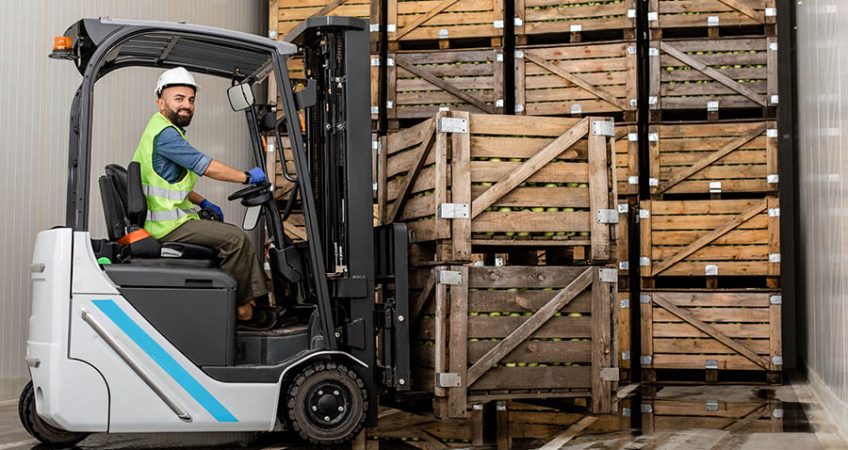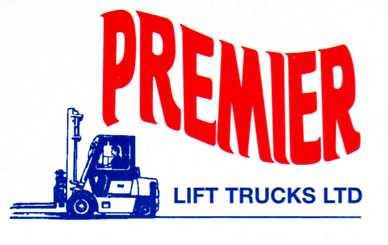
Knowing how to increase forklift working hours depends on the health and maintenance of the batteries. Your truck is only useful with power, so encourage all employees to keep forklift battery health in mind. You can get the most out of your equipment with a good daily routine and some simple checks. Save time, expense and hassle with correct battery procedures.
Batteries Maintenance
Batteries sulphonation is more common than most operators realise. The cause of inconvenient battery death happens when sulphonation sulphuric acid crystals attach themselves to the plates, which diminishes the ability of the battery to accept and hold a charge. Keeping the white crystals on the plate from forming in the first place can help. Batteries maintenance requires regular battery checks and calls to a forklift battery engineer to get the crystals removed safely.
Keeping batteries above a 20 per cent charge.
Maintain batteries with uninterrupted charge time when battery capacity is low between shifts. When a battery reaches about a 20 per cent charge (or 80 per cent discharge!), the forklift electrical components can start to run too hot. The resulting problems include a slow-down in hydraulics, poor traction and a burned-out motor.
Avoiding Opportunity charging.
Do now allow operators to misinterpret the 20 per cent charge rule. Avoiding opportunity charging during periods of inactivity – such as dinner breaks – maintains the battery’s health. Measure the lifespan of a battery in the total number of charges. If a battery undergoes many charges for a short time, such as 30 minutes, the battery will become less efficient. Constantly opportunity charging eventually stops the battery from taking any charge at all.
Monitoring battery water levels.
Monitoring battery water levels stop the active material on the plates from drying out, becoming brittle and damaged. Keep a close eye on the water level in your batteries so that the levels stay high. Exposing plates to the air starts the battery damage. Top up the water levels with distilled water without overfilling. Encourage forklift operators to monitor the water content of each battery as a part of their regular maintenance procedures.
Why Use Battery-Powered Forklifts
Most forklift operators and warehouse managers prefer battery-powered forklifts because they are generally the lowest cost option with reduced environmental issue trade-offs. Protecting your batteries to increase their lifespan gives the planned cost efficiencies.
We understand that your forklift trucks are only cost-efficient when available power meets expectations. With a routine operating procedure that includes simple checks, you can encourage all your employees to keep forklift battery health in mind. If you would like to know more about the policies to put in place to protect the health of your batteries or to purchase a new electric forklift or hire an electric forklift truck, then please get in touch.
